Gather 'round the fire pit! Crackling flames, dancing embers, and the warmth of loved ones nearby. It's a picture of outdoor bliss. But what if your fire sputters, smokes like a chimney, and leaves you with more frustration than warmth? The culprit might be something invisible: airflow.
Yes, proper airflow is the unsung hero of a fantastic fire pit experience. It's the key to:
- A roaring fire: Air feeds the flames, just like oxygen fuels your lungs. Without enough air, your fire becomes sluggish, producing more smoke and less heat.
- Cleaner burning: Good airflow promotes complete combustion, meaning less smoke and fewer pollutants. This translates to a healthier and more enjoyable fire for everyone.
- Safety: Incomplete combustion can create harmful gasses. Proper airflow ensures proper ventilation and reduces the risk of exposure.

Now, let's delve into the tools and techniques to achieve optimal airflow:
Fire Pit Inserts:
- Choose wisely: Opt for inserts with built-in ventilation features like a built-in raised grates. These allow air to circulate freely around the fire, boosting efficiency and reducing smoke.
- Elevated experience: Consider a raised fire pit insert. Not only can you kick your feet back and see the fire, but it also creates space for air to flow beneath the fire, further enhancing combustion.
Fire Pit Grates:
- Grate expectations: Grates elevate your wood off the ground, allowing air to reach the flames from below. This also prevents ash buildup, which can smother the fire.
- Size matters: Choose a grate that fits your fire pit well, leaving space around the edges for air circulation. You'll also need at least 1/2" of space around your fire grate to the wall of the pit to allow for heat expansion of the metal.
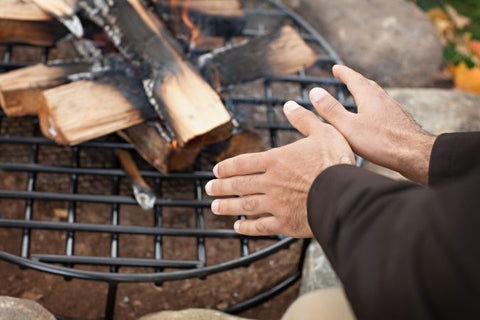
Stacking Your Firewood for Airflow:
- The log cabin: Don't build a log wall! Instead, create a loose, pyramid-like structure with gaps between the logs. Also called cross-hatch, this method allows air to flow through the wood, feeding the flames from all sides.
- Kindling matters: Start with smaller pieces and build up gradually. This ensures the fire gets enough air to ignite properly and grow stronger. For an easy start to your fire, grab an all-natural fire starter to easily ignite your flames.
Bonus Tip: Regularly remove ash buildup from your fire pit and insert. Ash can block airflow and hinder proper combustion.
By following these tips, you'll transform your fire pit from a smoky mess to a roaring beacon of warmth and joy. Remember, airflow is the magic ingredient for a truly magnificent fire pit experience. So, stoke the flames of knowledge, and enjoy the warmth of a well-ventilated fire!
Luxury Firepits - Backyard Accessories - Fire Pit Grates
Walden Backyards Makes Top Rated Outdoor Fire Pits and Backyard Accessories
Legacy Fire Pit - Blow Through Stoker Poker - Fire Pit Grates - Accessories

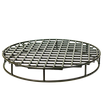


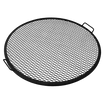


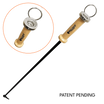

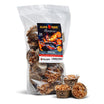
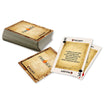

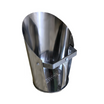
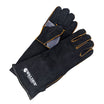
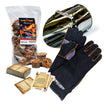

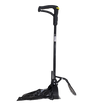
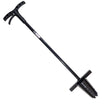


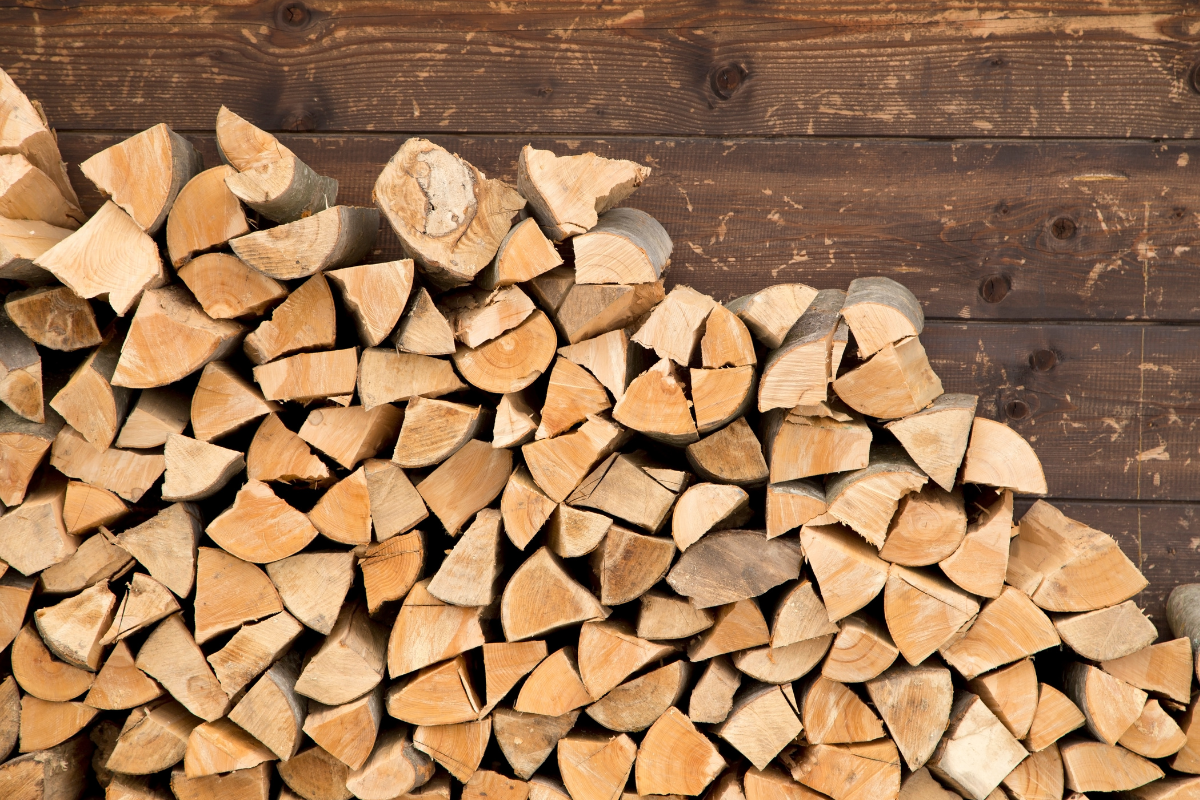
Leave a comment
This site is protected by hCaptcha and the hCaptcha Privacy Policy and Terms of Service apply.